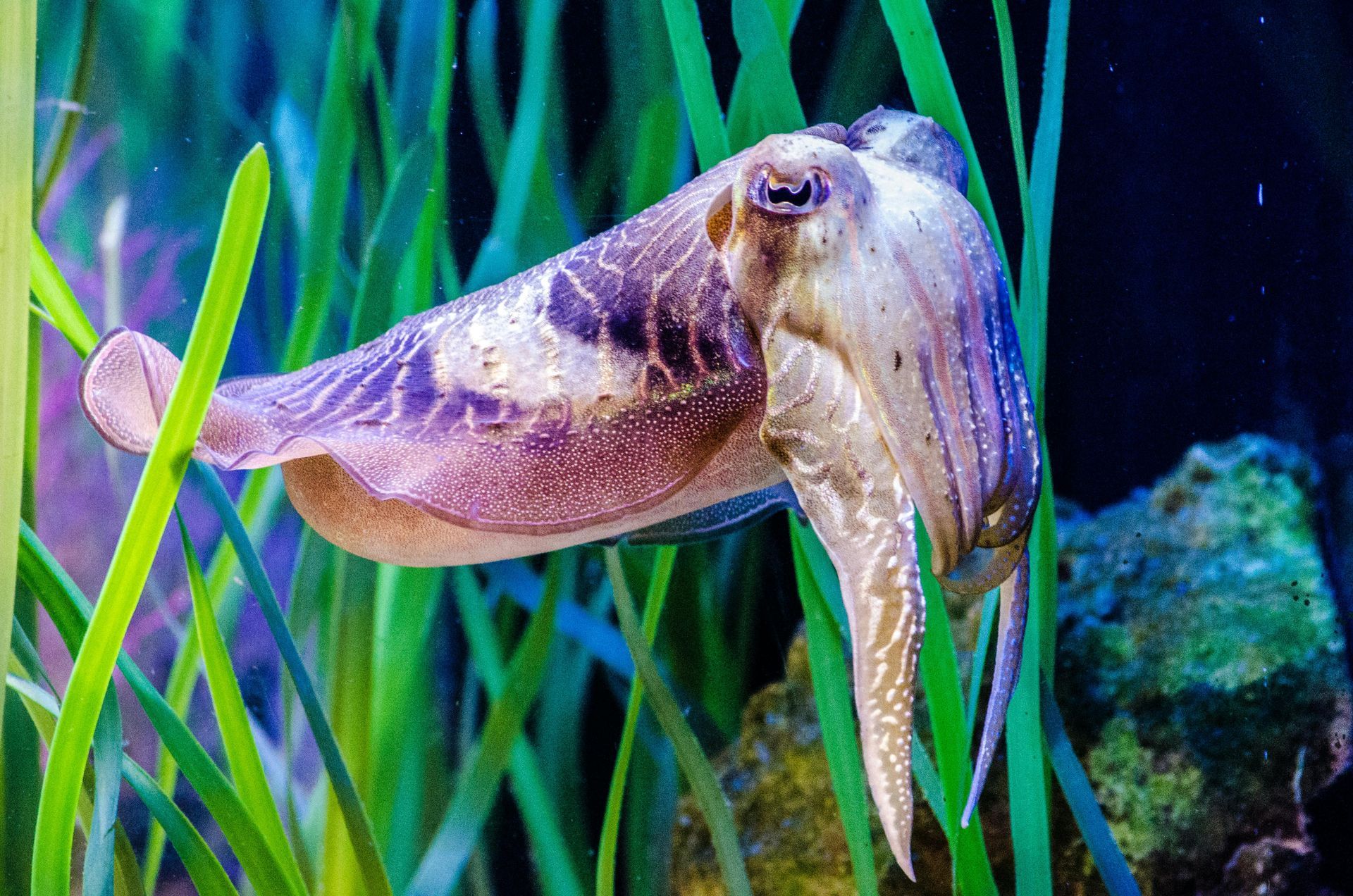Understanding Coral Diseases
Coral diseases pose a significant threat to the health of coral reefs and marine ecosystems. Recognizing the symptoms early can help in implementing effective treatments, ensuring the longevity of these vital organisms. By understanding the common diseases that affect corals, we can take proactive steps to protect and preserve our underwater environments.
Understanding Coral Diseases
Coral diseases pose a significant threat to the health of marine ecosystems. Early detection and treatment are crucial for maintaining vibrant coral reefs. In this section, we explore common coral diseases, their symptoms, and the importance of timely intervention.
Common Coral Diseases
Symptoms to Watch For
Importance of Early Detection
Customer Success Stories
Hear from our satisfied clients who revived their corals with our expert guidance!
"Thanks to Santee Corals, my reef is thriving again! Their advice on treating coral diseases was spot on, and I saw improvements within weeks!"
"I was devastated when I noticed my corals were sick. The team at Santee Corals provided me with a clear treatment plan, and now my corals are healthier than ever!"
"Santee Corals helped me identify the disease affecting my corals. Their support was invaluable, and I’m so grateful for their expertise!"
Effective Treatment Methods for Coral Diseases
Coral diseases can pose a significant threat to the health of your reef ecosystem. Understanding the various treatment methods available is crucial for maintaining vibrant and thriving corals. From natural remedies to specialized medications, each treatment option has its own effectiveness and safety profile. For instance, using a combination of antibiotics can help combat bacterial infections, while coral dips with iodine solutions can effectively treat parasitic infestations. Always ensure that treatments are safe for your specific coral species and follow recommended dosages to avoid further stress.
Proactive Care for Coral Health
Preventing coral diseases is just as important as treating them. Regular monitoring and maintaining optimal water conditions can significantly reduce the risk of disease outbreaks. Implementing a routine care schedule, including water testing and nutrient management, will help keep your corals healthy and resilient. Additionally, educating yourself about the signs of distress in corals can lead to early detection and intervention, ensuring your reef remains a thriving habitat.
Understanding Coral Diseases
What are the common symptoms of coral diseases?
Coral diseases can manifest in various ways, including discoloration, tissue loss, and unusual growth patterns. Early detection is crucial for effective treatment.
Look for signs like white patches, excessive mucus production, or changes in polyp behavior. These symptoms can indicate underlying health issues.
How can I treat coral diseases?
Treatment options vary depending on the disease. Common methods include targeted medications, improved water quality, and stress reduction techniques.
Consulting with a marine specialist can help you choose the best approach for your specific situation, ensuring the health of your corals.
What proactive care can I provide for my corals?
Maintaining optimal water conditions, regular monitoring, and providing proper nutrition are key to preventing coral diseases.
Additionally, minimizing stressors such as sudden temperature changes and poor lighting can significantly enhance coral resilience.
How do I know if my treatment is working?
Monitor your corals closely after treatment. Signs of recovery include improved color, regrowth of tissue, and active polyp extension.
If symptoms persist or worsen, it may be necessary to reassess your treatment plan with a professional.
Where can I find more resources on coral care?
Santee Corals offers a wealth of resources, including guides, videos, and expert consultations to help you maintain healthy corals.
Visit our website or contact our team for personalized advice and support tailored to your coral care needs.
Can I prevent coral diseases altogether?
While it's impossible to eliminate all risks, proactive care and regular monitoring can significantly reduce the likelihood of disease outbreaks.
Implementing best practices in coral husbandry will help create a thriving environment for your corals.





